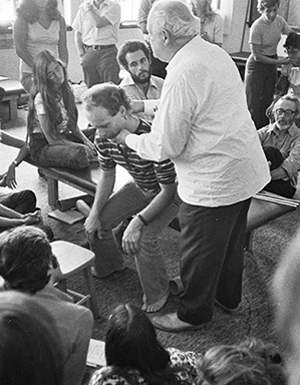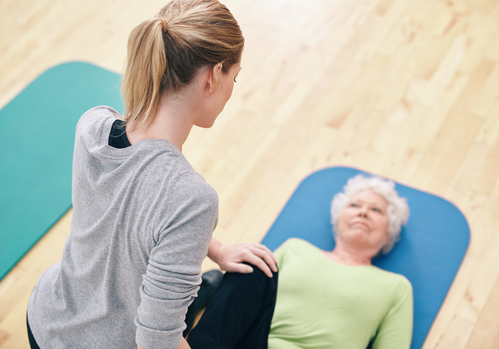Fit to Travel: Training Tips and Exercise to Prepare Seniors for Active Vacations
Get your older adult clients ready for the rigors of tourism and active vacations with these training tips and pre-travel exercises.
Do your over-55 clients or class members want to travel for pleasure but need more strength, stamina and mobility? Do they worry they’ll miss seeing the world because they lack physical ability?


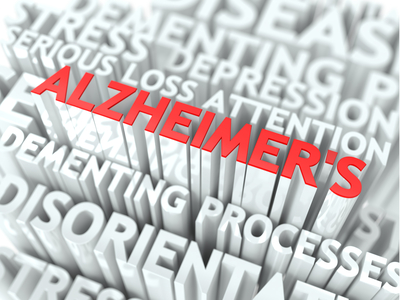
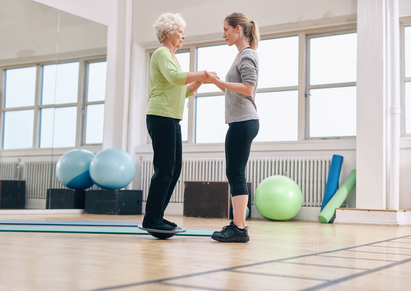
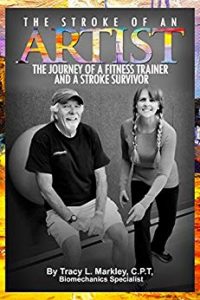 I have been asked by stroke survivors and caregivers worldwide for help. After I published my first book in 2017,
I have been asked by stroke survivors and caregivers worldwide for help. After I published my first book in 2017, 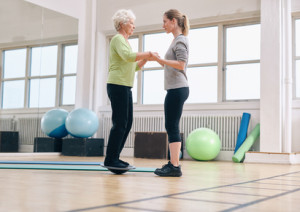 So, to all fitness professionals and therapists…
So, to all fitness professionals and therapists…


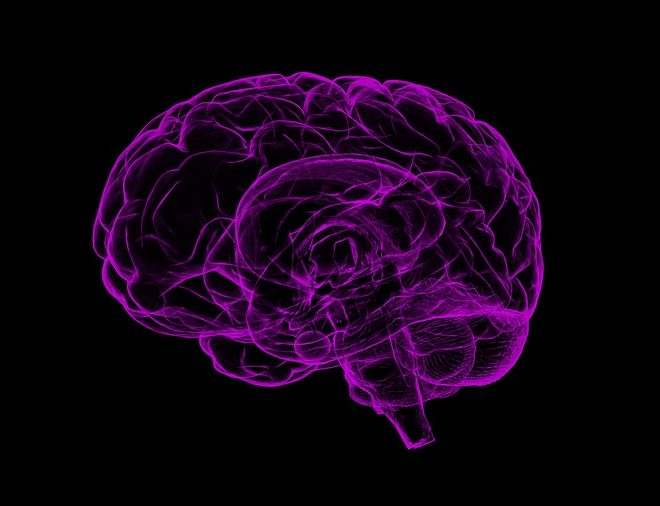
 Contrary to popular belief, neurogenesis continuously occurs in the adult brain under the right conditions such as with exercise. Substantial benefits on cognitive test performance were noted for combined physical and cognitive activity than for each activity alone. It was also noted that the physical and cognitive exercise together might interact to induce larger functional benefits. “We assume, that physical exercise increases the potential for neurogenesis and synaptogenesis while cognitive exercise guides it to induce positive plastic change” (Bamidis, 2014). To maximize cognitive improvement, combine physical exercise with cognitive challenges in a rich sensorimotor environment that includes social interaction and a heaping dose of fun.
Contrary to popular belief, neurogenesis continuously occurs in the adult brain under the right conditions such as with exercise. Substantial benefits on cognitive test performance were noted for combined physical and cognitive activity than for each activity alone. It was also noted that the physical and cognitive exercise together might interact to induce larger functional benefits. “We assume, that physical exercise increases the potential for neurogenesis and synaptogenesis while cognitive exercise guides it to induce positive plastic change” (Bamidis, 2014). To maximize cognitive improvement, combine physical exercise with cognitive challenges in a rich sensorimotor environment that includes social interaction and a heaping dose of fun.